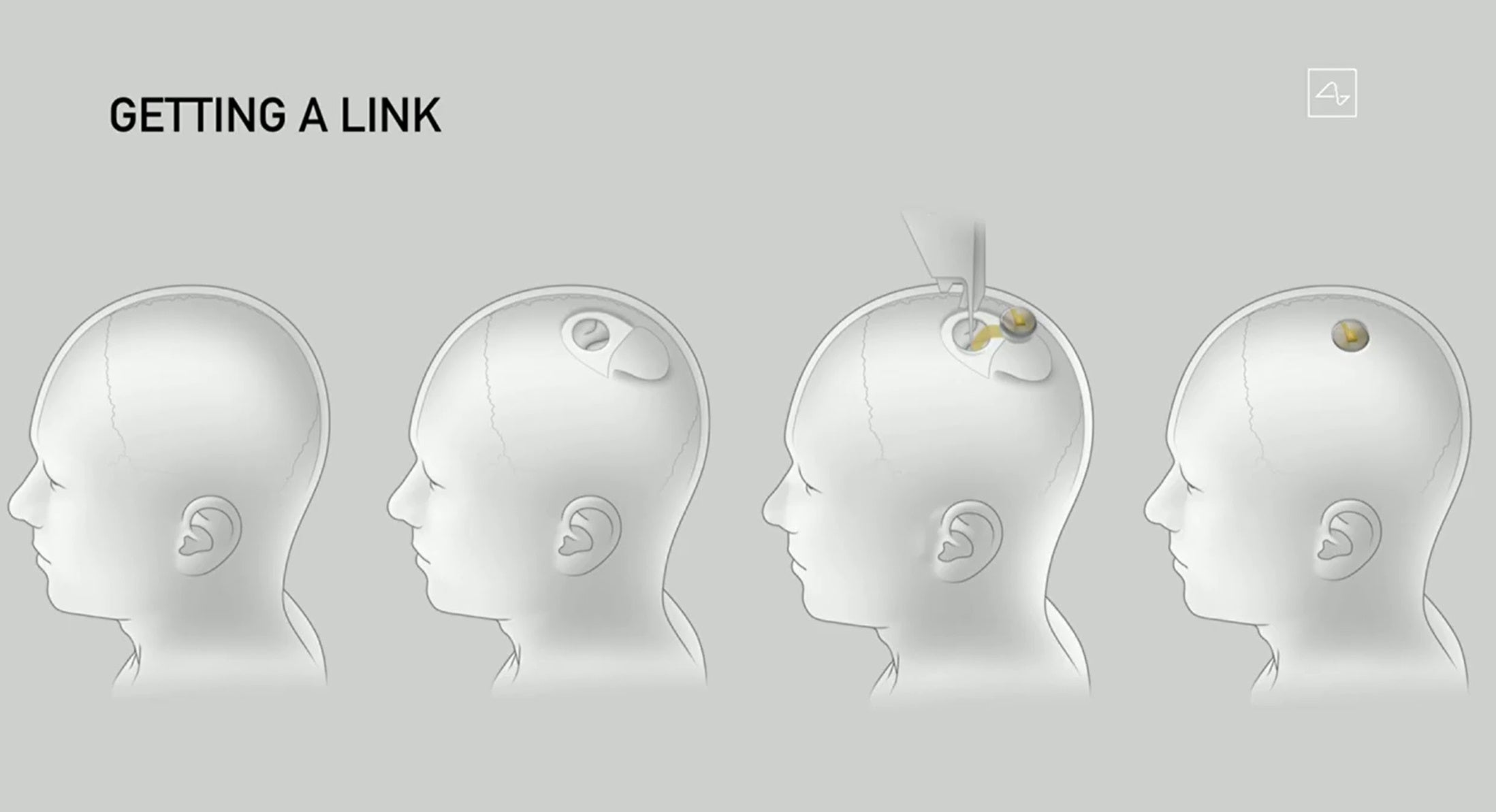Elon Musk unveils working Neuralink chip that connects brain directly to computer
'It's kind of like a Fitbit in your skull with tiny wires,' he said. 'I could have a Neuralink right now and you wouldn't even know. Maybe I do'
Elon Musk has demonstrated a working brain-computer interface that he hopes will allow "human-AI symbiosis".
During a live event held by his neurotechnology startup Neuralink, Mr Musk showed off a chip that had been implanted directly into a pig's brain.
The billionaire entrepreneur, who also heads up SpaceX and Tesla, has previously warned that humans risk being overtaken by artificial intelligence within the next five years.
Early applications of Neuralink's technology will be in treating brain disorders and diseases, with Mr Musk saying it would "solve important brain and spine problems with a seamlessly implanted device."
Its ultimate potential is almost limitless, he claimed, with one example being the capability to summon a self-driving Tesla telepathically.
"You could solve blindness, you could solve paralysis, you could solve hearing," he said.

The device is "about the size of a coin" and can replace a piece of the skull.
"It's kind of like a Fitbit in your skull with tiny wires," he said. "I could have a Neuralink right now and you wouldn't even know. Maybe I do."
It features an all-day battery life and would be able to connect directly to a wearer's smartphone, Musk claimed.
Unlike a prototype version displayed during Neuralink's 2019 event, the latest iteration is completely wireless and charges using induction.
When the latest version was tested on a pig it was able to read the animal's brain activity, while causing no lasting damage to the pig's brain.
Mr Musk said Neuralink is on a major recruitment drive to make the device scaleable, with more than a dozen job listings currently posted on its website.
There was no mention of when the device will be commercially available, though its price may be not much more than a high-end smartphone.
"At first it's going to be quite expensive but that will rapidly drop," Musk said. "I think we want to get the price down to a few thousand dollars."
Join our commenting forum
Join thought-provoking conversations, follow other Independent readers and see their replies
Comments
Bookmark popover
Removed from bookmarks